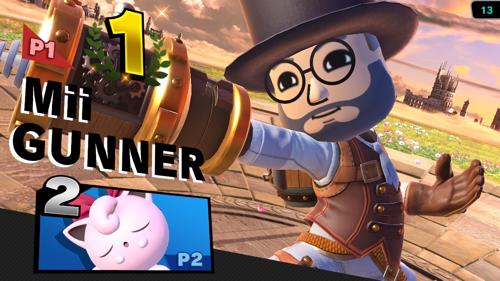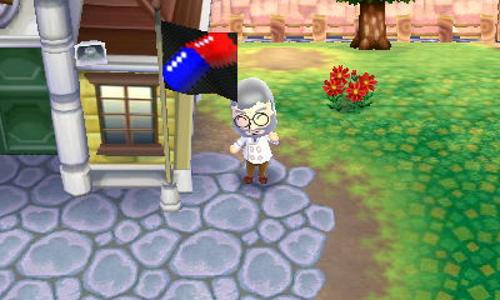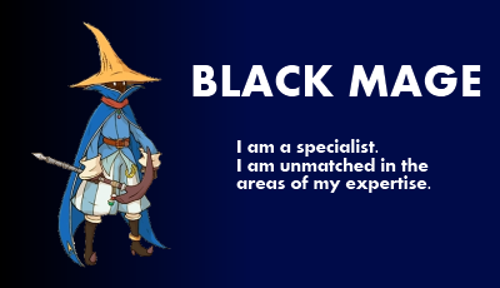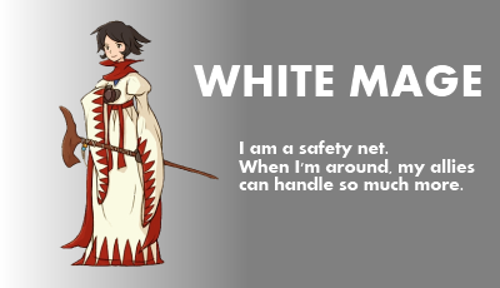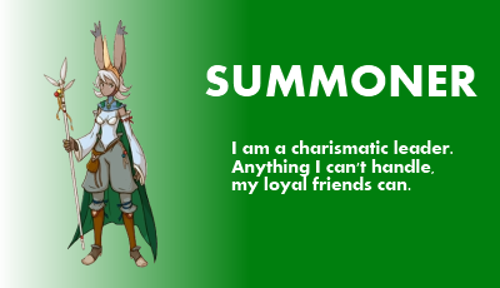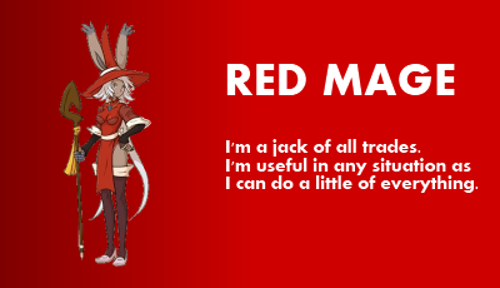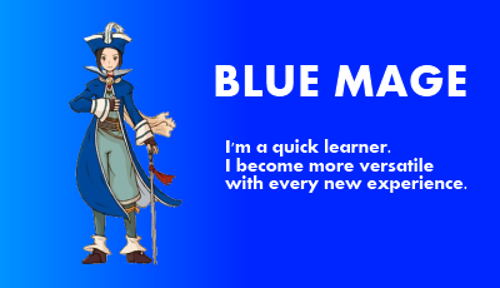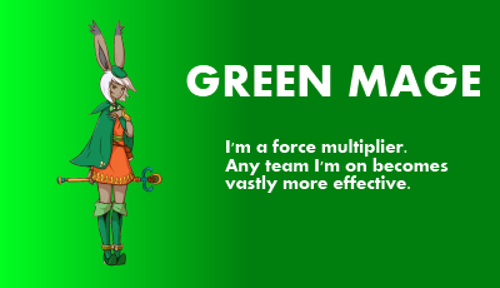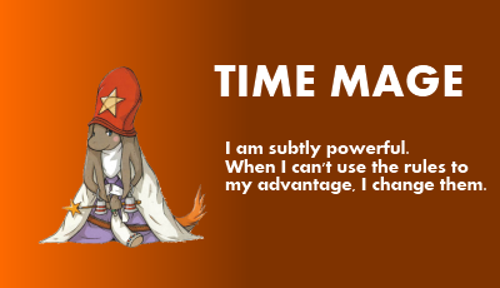Staggered DLC Releases Punish Your Best Customers
It’s been announced that Dragon Quest Builders 2 will have four DLC packs releasing over three weeks, so it seems like a good time to complain about this approach to DLC.
Release window sales are very important for triple-A games. Pre-orders are risky since they commit to a purchase before in-depth reviews are out, but they’re really helpful for the developer/publisher - people who pre-order are the best possible customers with the highest loyalty and investment, and can generate valuable organic marketing during the release window if they start playing the game right away and hype it up on social media. It’s absolutely in the interests of the developer/publisher to encourage and reward these customers.
As mentioned in my very first Tumblr post, DQB2 is my most anticipated game for 2019. I’ve had it pre-ordered since February. It comes out on July 12. Fully two weeks later come two DLC packs - one free, one paid. A week after that comes another paid DLC pack, and another week after that comes the final paid DLC pack.
Even if I buy all the DLC (which, to be clear, most of which is already out in Japan, with the last pack set to get a release date today) I won’t have a complete game until four weeks after launch. It’s not a great way to encourage and reward early adopters.
I recognize that often DLC is developed after the initial release of a game and can’t possibly be released alongside the main game. That seems to have been the case with DQB2 in Japan. But several times I’ve seen a game get localized from Japan well after all the DLC is available in Japan, including when that DLC is cosmetic and should be very quick and easy to localize, and still get a staggered DLC release schedule in other territories.
My assumption is that the intent is to extend the launch window, getting the game more attention for longer by putting out new content for it on a weekly basis for a while. But the result is that the best customers get a worse experience. (Relatedly, I assume the purpose of putting out free DLC instead of putting the same content in a more-convenient title update is to get people looking at the store where they might buy paid DLC.)
I feel like there’s a reasonable compromise available here - when there’s a season pass, it’s generally available before the DLC rolls out. Indeed, there’s one for DQB2 that can even be pre-ordered before the game launches. In cases like this where it’s feasible to make all the DLC content available at launch, why not do so via the season pass so early adopters get everything right away? The individual DLC packs could still be released piecemeal over time to extend the launch window, but this way early adopters are rewarded instead of punished.
If DQB2 did this, I would absolutely buy the season pass along with my pre-order. As is, I expect to get through a large chunk of the game before the DLC is even available, so when it does come out I’ll be much less motivated to pick it up.
